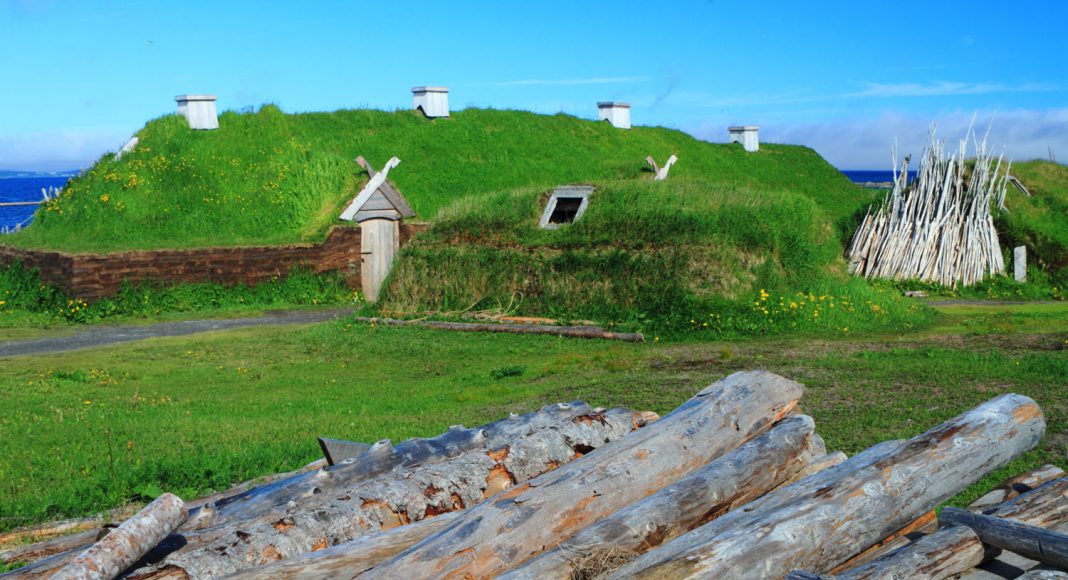Archaeologists excavating and analyzing a Viking settlement in Newfoundland found mostly what you might expect from such a dig: rare beetles, fossilized plants, and caribou dung. You know, the usual archaeology kind of stuff. But researchers also found one substance raising some high-minded questions — cannabis.
Published in the Proceedings of the National Academy of Sciences, researchers focused on L’Anse aux Meadows, a site in northern Newfoundland where Vikings landed and settled around the year 1000. Previously scientists believed Vikings only stayed in this spot a short time, but their work uncovered the possibility Vikings may have stayed until the 12th or 13th century. And they might have had marijuana with them.
RELATED: STUDY: How Cannabis Could Be Used To Curb Cannabis Addiction
An archaeological team excavated a peat bog about 100 feet from the Viking settlement back in August 2018. As Live Science reports, they found a layer of “ecofacts,” which are “environmental remains that may have been brought to the site by humans.” This layer was radiocarbon dated to the early Middle Ages and is where researchers discovered cannabis pollen, a plant not native to the area.
The question proposed here is what could Vikings have used cannabis for? Were they producing clothing from the plant’s fibers or smoking it for medical or potentially recreational reasons? It also could mean none of these things, reminded the study’s lead author and postdoctoral fellow at Memorial University of Newfoundland, Paul Ledger.
RELATED: Want To Survive A Heart Attack? Use Cannabis, Say Researchers
While it’s certainly fun imagining Vikings lighting up a spliff after a long day of barbarian activities, the cannabis pollen could just as easily have been carried by the wind and landed in the peat bog. It’s also possible humans local to the Newfoundland area and not Vikings could have been the ones responsible for the cannabis pollen. As the research team wrote in the paper, “the results presented here pose more questions than answers.”
Viking scholars — which, yes, is an awesome job — were dubious of the results, according to Live Science. They also mentioned the possibilities I wrote above. But Ledger said researchers will return to the area and resume their work this August. And if they find rolling papers in the bog this time, then we’ll know for real the Vikings were up to something.


